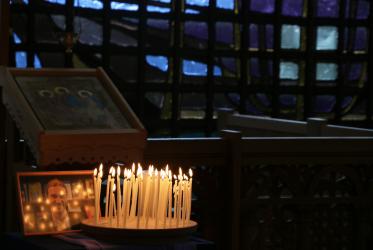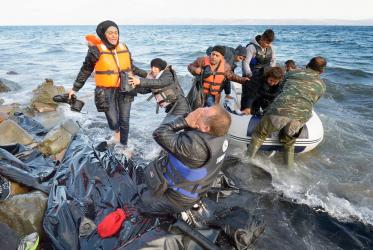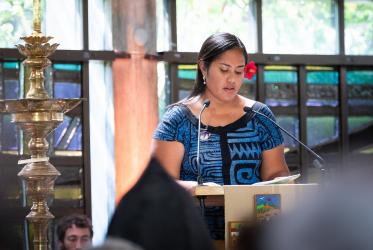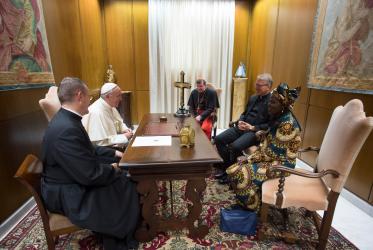Displaying 1 - 20 of 28
How can you help refugees?
11 October 2018
Rev. Kenneth Mtata reflects on journey of transition in Zimbabwe
20 September 2018
Catholic official: we must walk and pray together with vulnerable people
19 September 2018
Young people play key role during papal visit
22 June 2018
Pope Francis at the World Council of Churches
31 May 2018
Pope Francis, WCC leadership meet in Rome
24 August 2017












